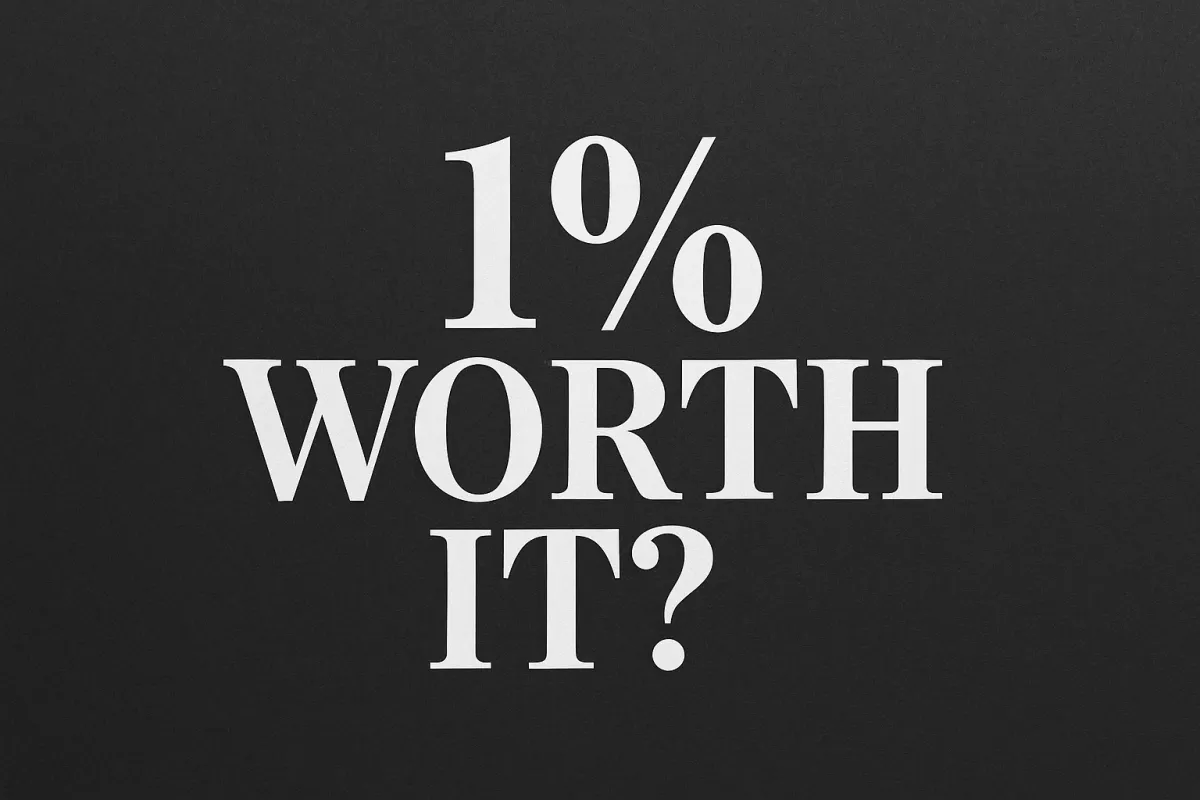
About Us
At Investor’s Journal, we believe retirement shouldn’t be a question mark — it should be your reward.
Our mission is simple but bold: help 100,000 Americans create an abundant and stress-free retirement.
We started Investor’s Journal because too many hardworking people were doing everything right — saving, investing, following advice — and still ending up unsure if they’d ever be able to retire comfortably. The rules kept changing. The markets kept shifting. And traditional advice often felt like it belonged to a different era.
We knew there had to be a better way — one rooted in clarity, confidence, and real-world results.
So we built a platform designed to cut through the noise and deliver the insight, strategies, and tools that real people need to retire with peace of mind. Whether you’re five years out or already making the transition, we’re here to help you protect what you’ve built, grow what you’ve saved, and enjoy the freedom you’ve earned.
Our community includes retirees, pre-retirees, smart savers, and seasoned investors — all united by one goal: financial independence on your terms.
With every article, strategy guide, and personal story we share, we’re working toward that 100,000-strong vision. And we won’t stop until we get there.
Because when you take control of your financial future, retirement stops being something to fear... and starts becoming something to look forward to.
Welcome to Investor’s Journal.
Let’s build the retirement you deserve.
Read Our Newest Blogs

Is Paying 1% for a Fiduciary Advisor Worth It in Retirement?
Every dollar counts in retirement, especially when you're paying someone else to manage your money. For retirees scrutinizing their spending, the standard 1% advisory fee charged by fiduciary financial advisors is often met with skepticism. However, nuanced data and expert analysis indicate this fee might not only be justified—but could significantly enhance your retirement outcomes.
The Real Cost—and Value—of a Fiduciary Advisor
Understanding the 1% Fee
Typically, fiduciary advisors charge an annual fee of approximately 1% of assets under management (AUM). For example, a retiree with a $1 million portfolio pays roughly $10,000 per year. Over time, compounded returns amplify the impact of this fee, naturally raising concerns about its necessity.
Comparing Costs to DIY Investing
On the surface, DIY investing appears cost-effective. But studies, including Vanguard's well-cited Advisor Alpha research, show that professional fiduciary guidance often leads to an incremental return of around 3% annually, offsetting the advisory fees significantly.
Hidden Benefits of Fiduciary Advisors
Behavioral Coaching and Emotional Management
The greatest risk to retirees isn't market volatility—it's emotional decision-making. Panic selling during downturns or exuberant buying during peaks drastically erodes long-term returns. Fiduciary advisors act as behavioral coaches, often protecting investors from costly emotional mistakes, thus preserving substantial retirement wealth.
Advanced Tax-Efficient Strategies
Tax efficiency is frequently overlooked by self-directed retirees. Fiduciary advisors deploy sophisticated techniques such as asset location, tax-loss harvesting, and withdrawal strategies, potentially adding another 0.5% to 1% to annual returns, according to Morningstar.
Real-World Example: The Million-Dollar Difference
Consider two retirees, each starting with a $1 million portfolio. One pays a 1% advisory fee; the other manages independently. If professional advice boosts annual returns by even 1.5%—half the projected advisor alpha—over 20 years, the advised retiree’s portfolio would exceed the DIY portfolio by approximately $600,000, even after deducting advisory fees.
When Is a Fiduciary Advisor Not Worth It?
Smaller Portfolios
Retirees with smaller portfolios (below $250,000) may find a 1% fee disproportionately burdensome, especially when similar services are available through low-cost robo-advisors or hybrid solutions.
Highly Experienced Investors
Investors possessing extensive market experience, emotional discipline, and sophisticated tax management knowledge may achieve similar outcomes without professional assistance, making the 1% fee less justifiable.
Evaluating Your Personal ROI
Determining if a fiduciary advisor's fee is worthwhile depends heavily on individual factors:
Portfolio size: Larger portfolios typically benefit significantly from personalized fiduciary strategies.
Behavioral discipline: Individuals prone to emotional investing may realize significant value from fiduciary oversight.
Complexity of finances: Retirees with multifaceted financial scenarios often gain more from tailored fiduciary advice.
Looking Ahead: The Future of Fiduciary Fees
Fiduciary advisory fees have faced downward pressure, driven by technology and competition. Expect more hybrid models combining digital efficiency with human expertise, potentially lowering fees without sacrificing service quality.
The Bottom Line: A Considered Decision
While 1% may initially feel steep, robust data indicates that fiduciary advisors frequently deliver outsized value through enhanced returns, tax efficiencies, and disciplined investment management. For retirees aiming to maximize their financial longevity and quality of life, the cost often pales against the enduring financial advantages.

